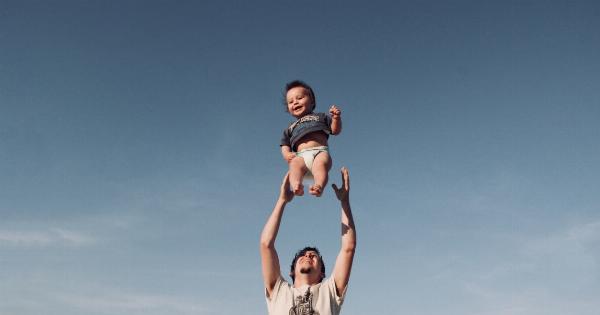Divorce has become increasingly common worldwide, with many children experiencing the separation of their parents before they reach adulthood.
The process of divorce can be a difficult and complicated one, which can lead to many different outcomes for children in the family. One of the widely debated issues surrounding divorce is whether children from divorced families have more behavioral problems compared to those from non-divorced families.
In this article, we will explore this topic and provide evidence-based research findings on the relationship between divorce and children’s behavioral problems.
What are the possible behavioral problems that children from divorced families can experience?
Divorce can be a traumatic experience for children, and it can lead to various behavioral problems.
Several studies have suggested that children from divorced families are at a higher risk of developing emotional and behavioral problems compared to those from intact families. Some of the possible behavioral problems that children from divorced families can experience include:.
- Increased aggression and defiance
- Depression and anxiety
- Difficulty in school and academic performance
- Substance abuse
- Delinquent behavior
What does research say about the relationship between divorce and children’s behavioral problems?
Research has consistently shown that children from divorced families are at a higher risk of developing behavioral problems.
Studies suggest that children from divorced families are two to three times more likely to experience emotional and behavioral problems compared to those from intact families.
A study conducted by Luster and Rhoades in 1999 found that children from divorced families had higher levels of internalizing and externalizing behavioral problems compared to those from non-divorced families.
The study also found that the effects of divorce on children’s behavioral problems were not short-lived, with the problems persisting into adolescence and early adulthood.
Another study conducted by Kelly and Emery in 2003 found that children from divorced families reported more behavioral problems compared to those from intact families.
The study found that the behavioral problems were more severe in children who witnessed ongoing conflict between their parents.
Nevertheless, it is important to note that not all children from divorced families experience behavioral problems.
The severity and frequency of children’s behavioral problems depend on several factors, including the level of parental conflict, parenting practices, and support from family and friends.
What are the potential explanations for the link between divorce and children’s behavioral problems?
The relationship between divorce and children’s behavioral problems can be explained by several factors. One of the possible explanations is the stress associated with divorce.
The process of divorce can be stressful for both parents and children, with children experiencing multiple losses and changes that can be difficult to cope with, such as loss of a parent, financial instability, and changes in living arrangements and schools. The stress associated with divorce can lead to emotional and behavioral problems in children.
Another possible explanation for the link between divorce and children’s behavioral problems is the disruption in parenting practices.
Divorce can lead to changes in parenting time, responsibilities, and practices, which can impact the quality of parent-child relationships. The lack of consistency and stability in parenting practices can lead to behavioral problems in children.
Additionally, the conflict between parents can also explain the link between divorce and children’s behavioral problems.
Children who witness ongoing conflict between their parents are more likely to experience emotional and behavioral problems compared to those who do not. The exposure to parental conflict can create feelings of anxiety, confusion, and loyalty conflicts in children, leading to behavioral problems.
How can parents and professionals support children from divorced families?
Children from divorced families require support from both parents and professionals to cope with the changes and challenges associated with divorce. Here are some ways parents and professionals can support children from divorced families:.
- Minimize their exposure to parental conflict and create a peaceful co-parenting relationship
- Provide emotional and physical support to children
- Encourage open communication and validate children’s feelings and concerns
- Maintain consistency and stability in parenting practices and expectations
- Provide access to counseling and other resources to address emotional and behavioral problems
Conclusion
The evidence suggests that children from divorced families are more likely to experience behavioral problems compared to those from non-divorced families.
Although not all children experience these problems, the risk of developing emotional and behavioral problems is higher for children from divorced families. Parents and professionals can support children from divorced families by minimizing their exposure to parental conflict, providing emotional and physical support, and maintaining consistency in parenting practices.






























